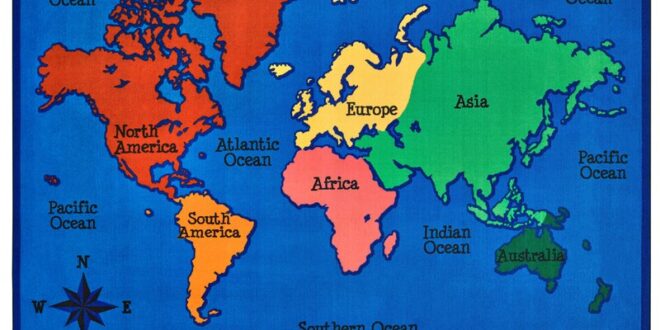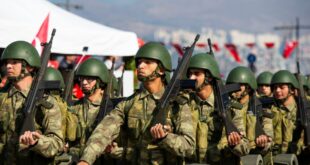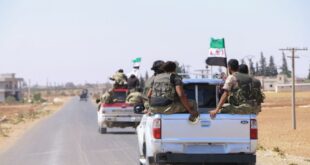Shehab Al Makahleh
Every year, futurologists and astrologers try to predict the future of economic and political incidents worldwide. Their prophecies or those of geopoliticians are based mainly on historical analogies, which are catchy to readers, listeners and viewers. Many think tanks issue such prognosis which are adopted by their governments for years to come, warning of rebirth of Al Qaeda and Daesh, and that China is the main rival to Western civilisation because the Chinese economy has accelerated growth rates in the past decade.
A distinction should be made within the framework of the fundamental transformations in the structure of international relations between two basic levels. The first is called important transformations that introduces a number of new concepts or theories at analytical levels based on the emergence of a number of factors. Such transformations do not affect the structure of the international political arena.
The second level is known as drastic transformations; that is, structural changes in the international political system, which leads to bipolar, unipolar and multipolar formulas. This has been associated with three major wars: The First World War, the Second World War and the Cold War. Thus, one may say that the political transformations the Arab region witnessed in the past 10 years, or the so-called “Arab Spring”, fall under the umbrella of the first level as these incidents have not resulted in any fundamental changes at the international structure or at the global system of power distribution from unipolarity to bipolarity or multipolarity. If such revolutions affect the whole region and the alliances factor, by then the second level of fundamental transformations is involved.
Having said this does not mean that other issues are not important. From an American viewpoint, Washington has four main adversaries: China, Russia, North Korea and Iran. Security is a must for all nations to fend for themselves from any threat. Not all states will be able to manage their own security; resulting in chaos and anarchy that would drive these nations to be annexed by other powerful neighbours or states with ideological influence. This is part of the second level of fundamental transformations that affect coalitions and international political system.
What countries will be concerned about in the coming era entails preserving national identity, ensuring security, borders, access to commodities and alliances to protect themselves and their interests as each country is at a pivot point in history, fearing nation states, political conflicts, economic hardships, unemployment, poverty, extremism and the influence of the internet and social media.
After World War I and World War II, there has been a shift from the old world to the new world: from Europe to America for many years so far. Americans understand that in human history, the cycle of civilisation applies and once a civilisation reaches the peak, it starts demising as had been the case with the former Soviet Union. Europeans are trying to gear civilization back to Europe, the Chinese are doing the same to turn the wheel of civilisation in the direction of their capital, the same applies to Russia and other powerful nations.
As the shift from Europe-centric to US-centric had taken place in 1945, many countries rushed to possess nuclear weapons to protect themselves and to deter rival nations. Nowadays, we are witnessing the same race towards possessing weapons not to deter but to lead the world militarily to ensure political and economic interests.
Cyberattacks are expected to rise in the coming five years to acquire confidential information and data as they are now much more effective than mass destruction weapons and sophisticated weaponry. This explains why the developed nations seek to control the space for using state-of-the-art technologies for espionage purposes on other countries and for aborting any cyberattacks through special technologies based on new generations of 6G wireless communications that cannot be traced or tracked.
The US will be in cold war with Russia, closely watching political developments in China, believing that the best means to control both countries will be through launching alliances with some Eurasian countries and the Far East.
Some researchers forecast and recommended to their diplomatic corps abroad to be cautions in 2021 for many reasons including the dialectic of security and freedom in some countries because some of the revolutions will be fueled by super nations to destabilise political regimes and make peaceful power transition, believing that some countries have to experience revolutions to bring about democracy and freedom which cannot be achieved without sacrifices from the people.
Some of these reports stress that Arab countries will face in the coming years many challenges in terms of rising tide of terrorism, unemployment and less public participation in political life. According to some of these reports, despite attempts to contain such threats, the Middle East will be trapped in a protracted conflict, thus postponing any internal reform processes based on security reasons. Such conflicts and protracted violence will not only prevent regional integration, but also hinder large-scale economic development within these countries.
Therefore, unemployment, which was a main driver of revolutions in the Arab world, will exacerbate, as the rates of joblessness reached 30-40 per cent in some of countries and the labor market cannot absorb the young labor force, especially those with higher education. Since 2011, some of the reforms adopted by many Middle Eastern states were insufficient and unpromising.
To sum up, though the world will be witnessing the end of an era of the second Cold War and the beginning of dismemberment of super nations, some countries in the Middle East will experience a sort of early years of the Thirty-Year War, where political and religious loyalties will trigger protracted and vicious conflicts, marked by intolerance and massive dearth of consensus between governments and the public.
 Geostrategic Media Political Commentary, Analysis, Security, Defense
Geostrategic Media Political Commentary, Analysis, Security, Defense





